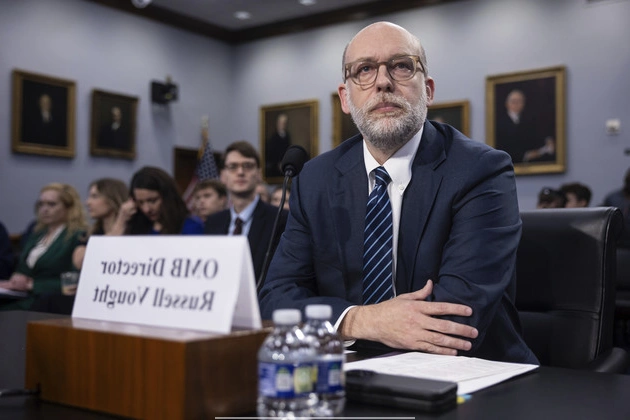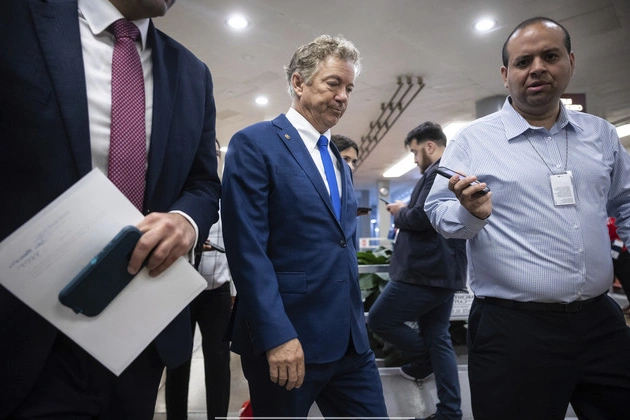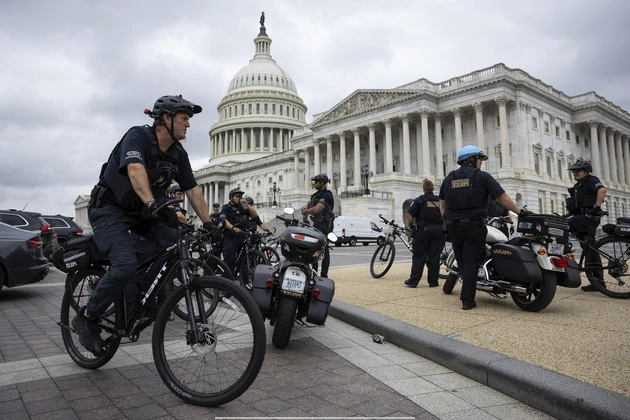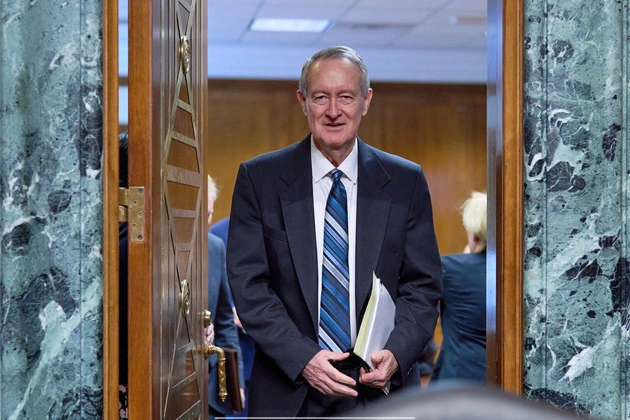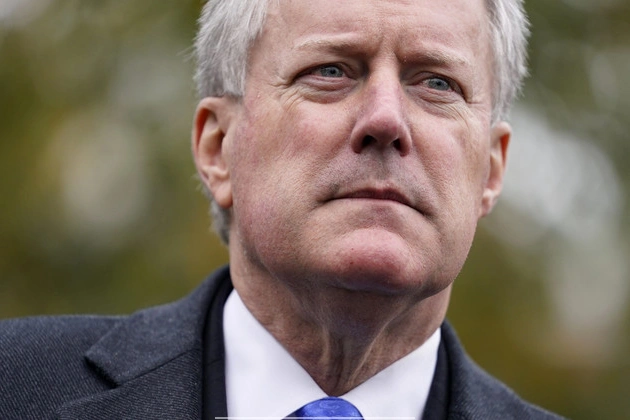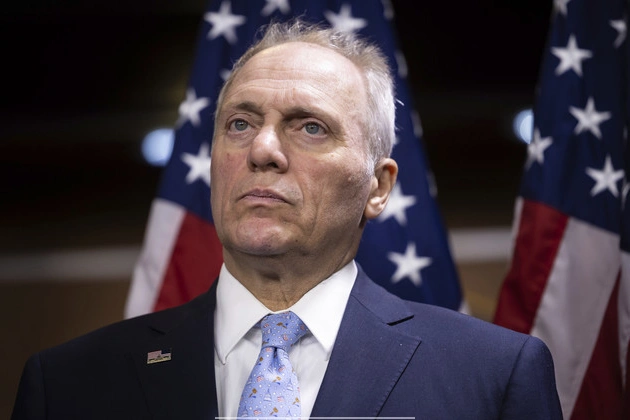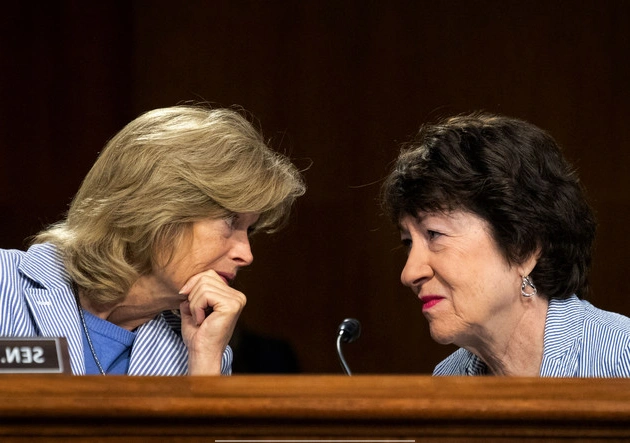
Collins and Murkowski: Key Players in Trump's Political Landscape
In the realm of American politics, the names Susan Collins and Lisa Murkowski resonate as significant figures, particularly during the tumultuous tenure of the first Donald Trump administration.
Republican Senators Susan Collins of Maine and Lisa Murkowski of Alaska emerged as central figures in Trump’s numerous clashes with his own party within the hallowed halls of Capitol Hill. Their votes often diverged from the party line, such as opposing certain Cabinet and judicial nominees. Notably, they played a pivotal role in derailing a Republican healthcare plan. Post-Trump era, they stood out by voting to convict him on impeachment charges related to the January 6 Capitol attack.
With Trump’s return to the political spotlight, Collins and Murkowski demonstrated their independent stance by being the sole Republicans to vote against advancing Pete Hegseth’s nomination as Defense secretary.
This dynamic unfolds against the backdrop of a reshaped political landscape. The Republican Party underwent a populist transformation, propelled by Trump’s electoral success. Consequently, the cohort of GOP lawmakers willing to challenge Trump’s directives dwindled significantly.
Furthermore, the Senate’s current composition diminishes the duo’s individual influence. In the past, with a closely divided Senate, Collins and Murkowski held the power to sway the outcome of contentious votes. However, the current scenario with 53 Republican senators alters this equation.
Senate leaders now afford them leeway, acknowledging their unique political personas as prominent Republican women representing states with distinct political dynamics. The prevailing ethos on Capitol Hill underscores the anticipation of future votes where their support may be pivotal.
The Senate’s Reaction
Senate Armed Services Committee Chair Roger Wicker (R-Miss.) expressed understanding towards their dissenting votes, acknowledging their principled positions.
Wicker emphasized the overall alignment of Murkowski and Collins with the majority of Republican positions, highlighting their crucial roles in securing the Republican majority in the Senate.
Their stance on Hegseth’s nomination might foreshadow upcoming battles over Trump’s other nominees, such as Tulsi Gabbard for national intelligence director and Robert F. Kennedy Jr. for the Department of Health and Human Services.
Notably, other Republican senators are closely monitored for their positions on these nominations.
Public Statements
Murkowski articulated her reservations about Hegseth’s nomination, citing concerns about his past actions and judgment. She underscored the importance of ethical conduct for a position of leadership within the armed forces.
On the other hand, Collins withheld her opinion until the Senate floor vote, expressing apprehension about Hegseth’s qualifications for the role.
Despite maintaining ambiguity leading up to the vote, their eventual opposition did not surprise observers, given their public signals of unease towards Hegseth’s nomination.
Both senators adhered to the unwritten rule of Congressional transparency, informing leadership about their intended votes ahead of time.
Future Scenarios
Their dissent on Hegseth’s nomination could set a precedent for the confirmation hearings of other controversial nominees. The unfolding events underscore the Senate’s critical role in vetting and confirming key government appointments.
As the confirmation process unfolds, the Senate’s dynamics will undoubtedly shape the trajectory of these nominations, with Collins and Murkowski playing pivotal roles in the deliberations.
Stay tuned for further updates as the Senate navigates the complex terrain of nominee confirmations amidst evolving political landscapes.






